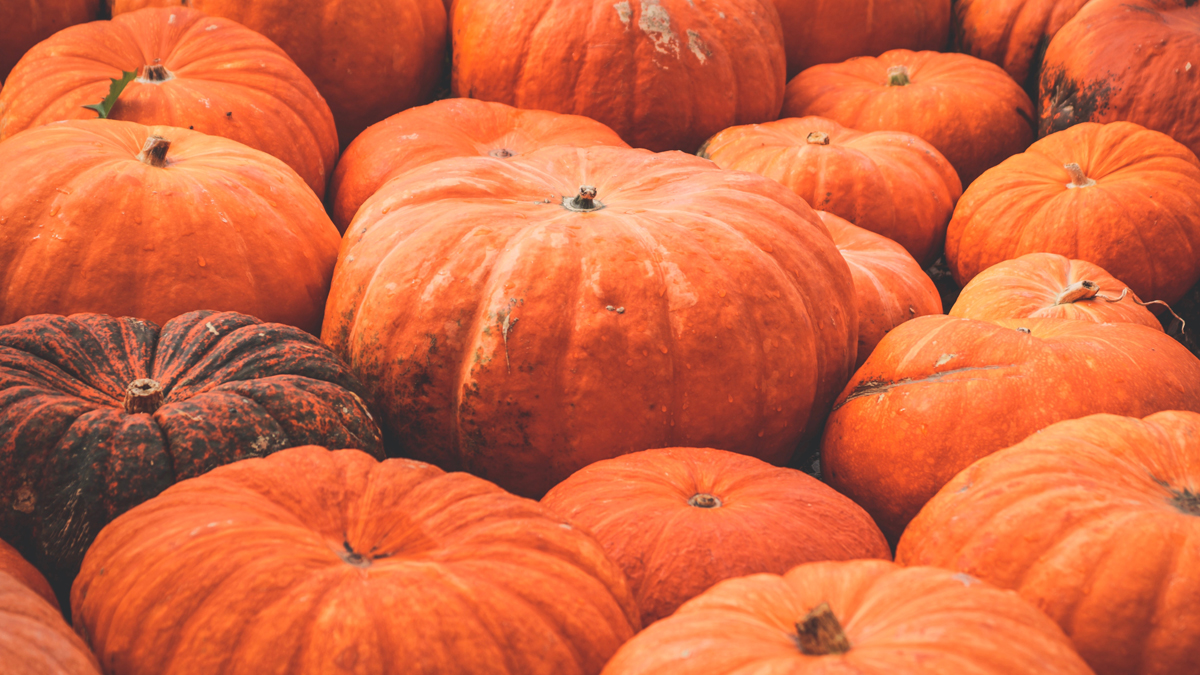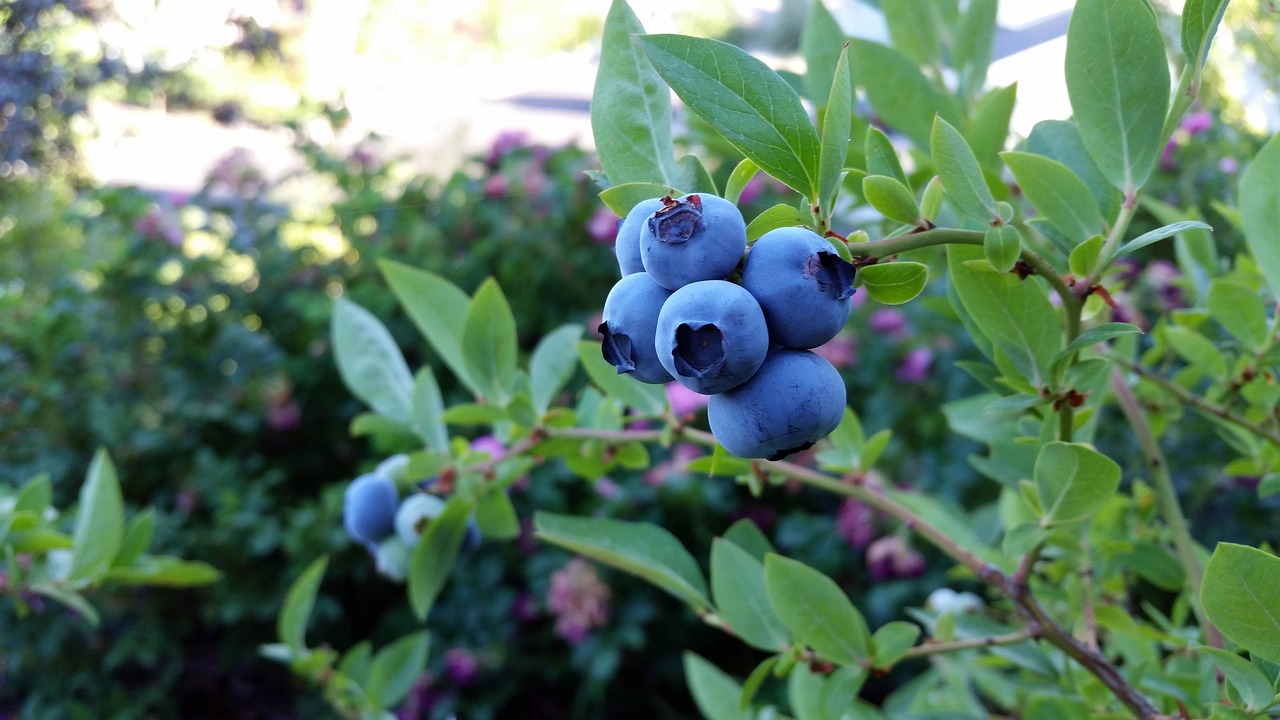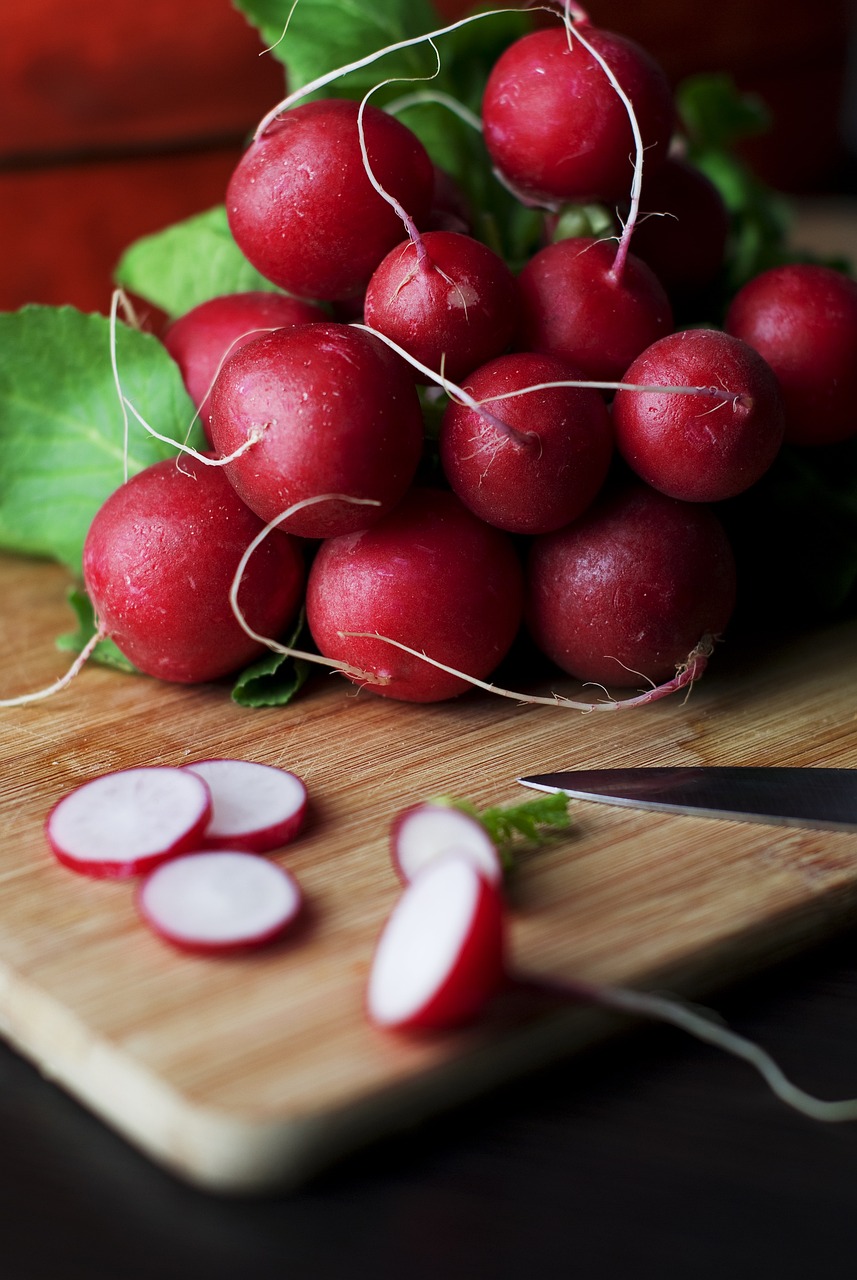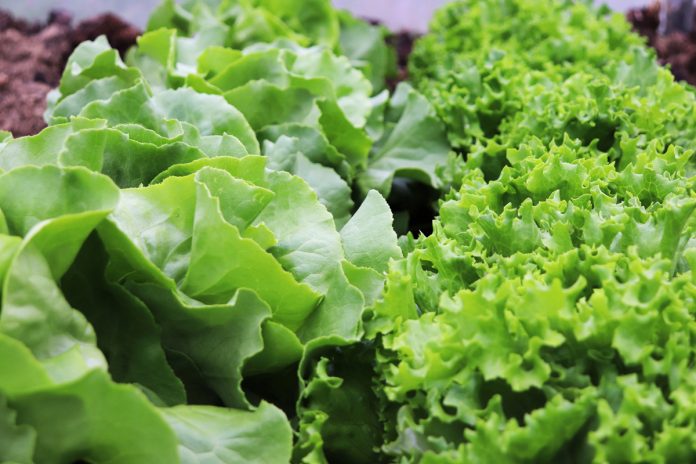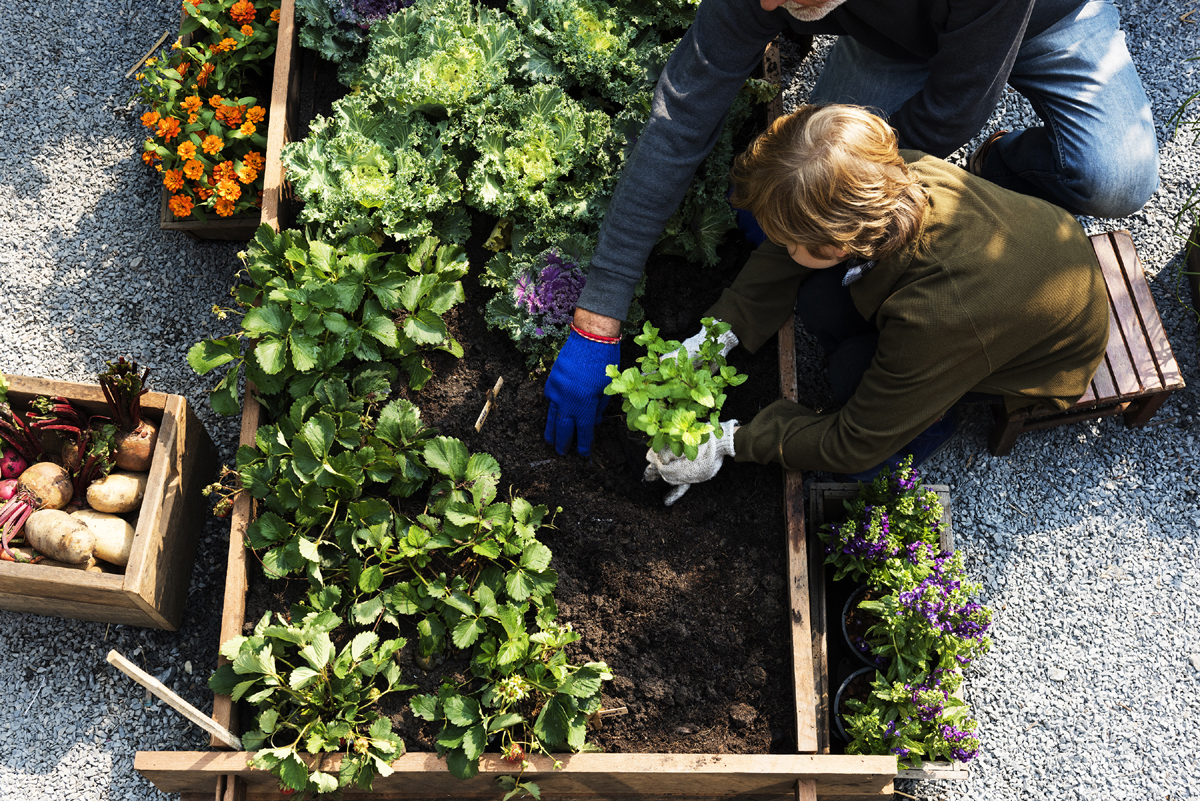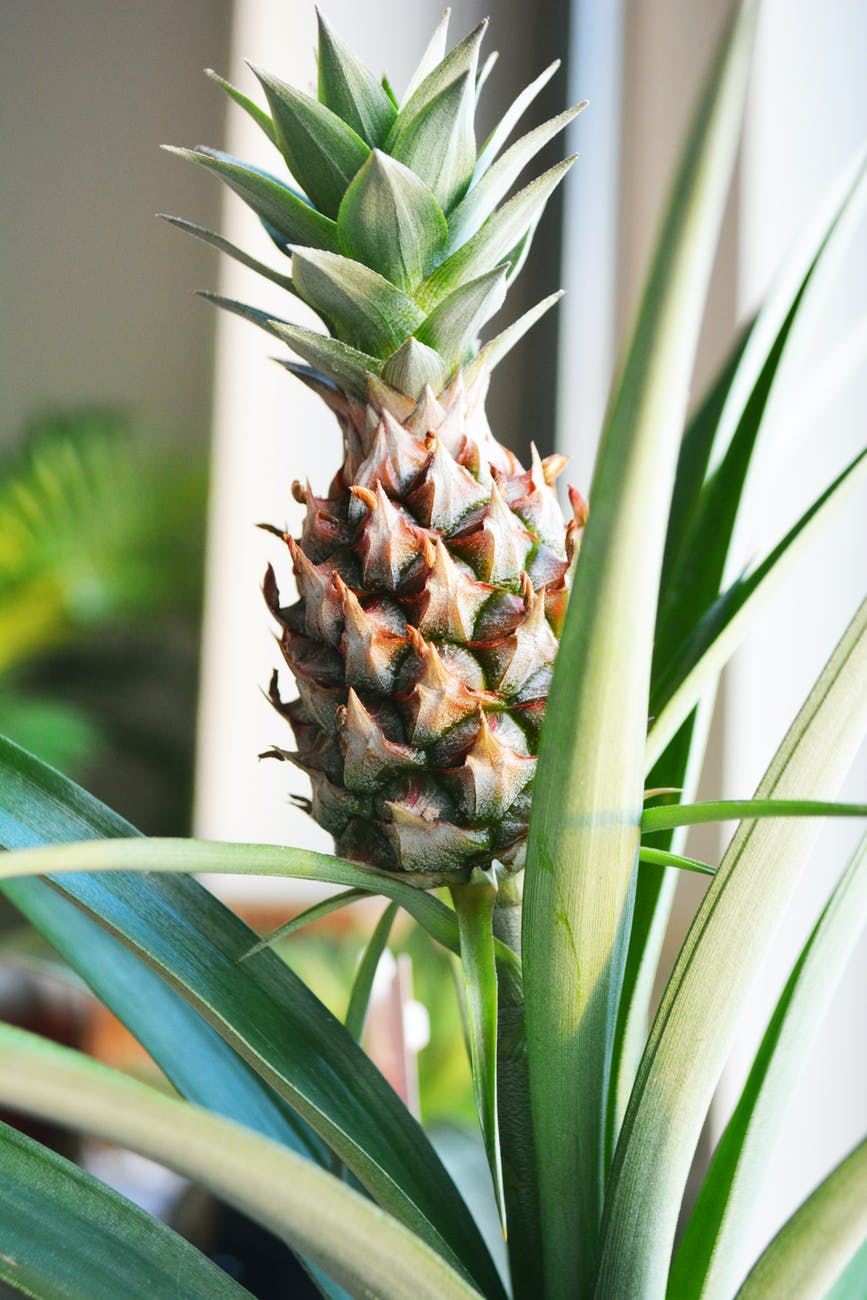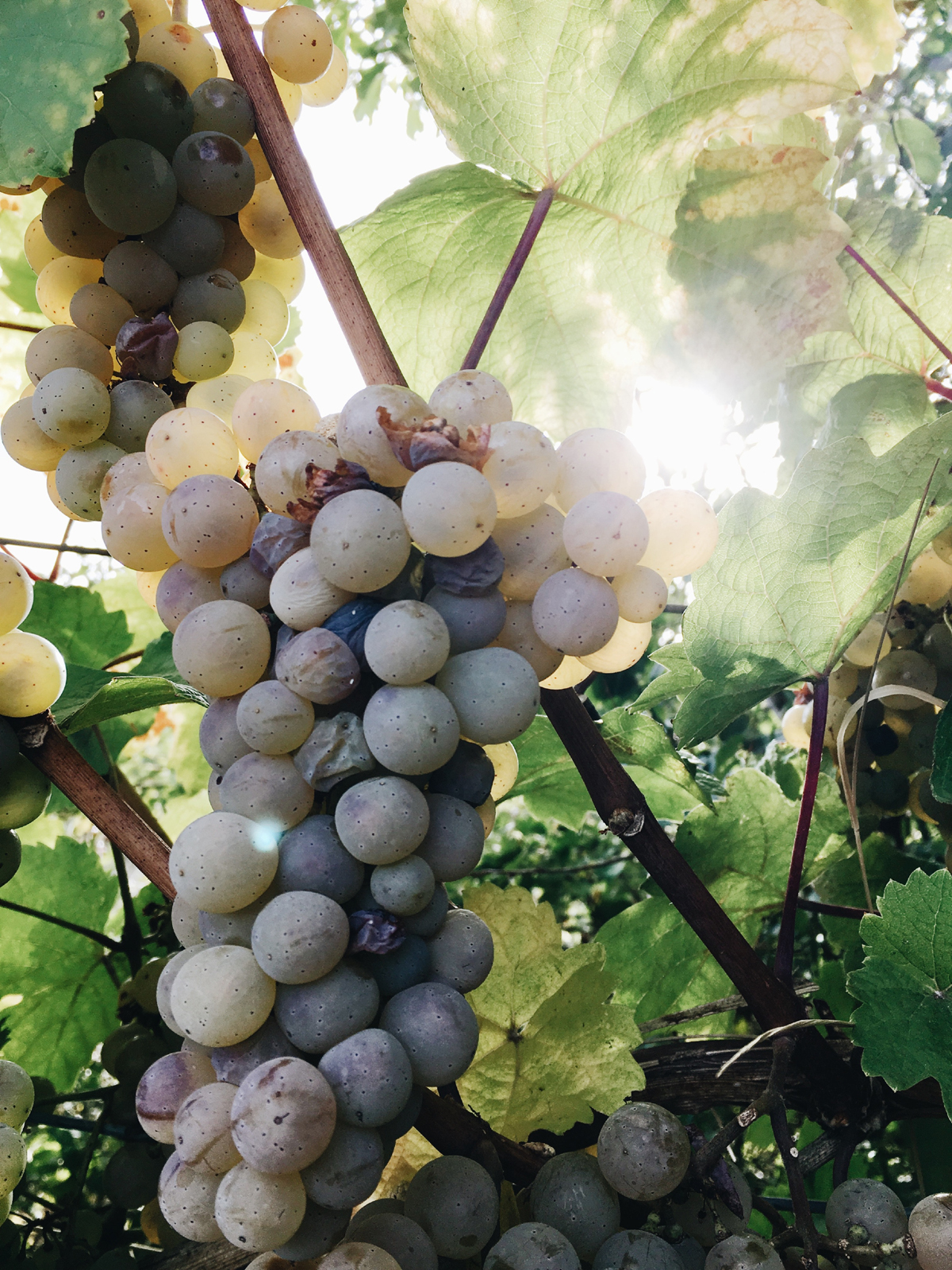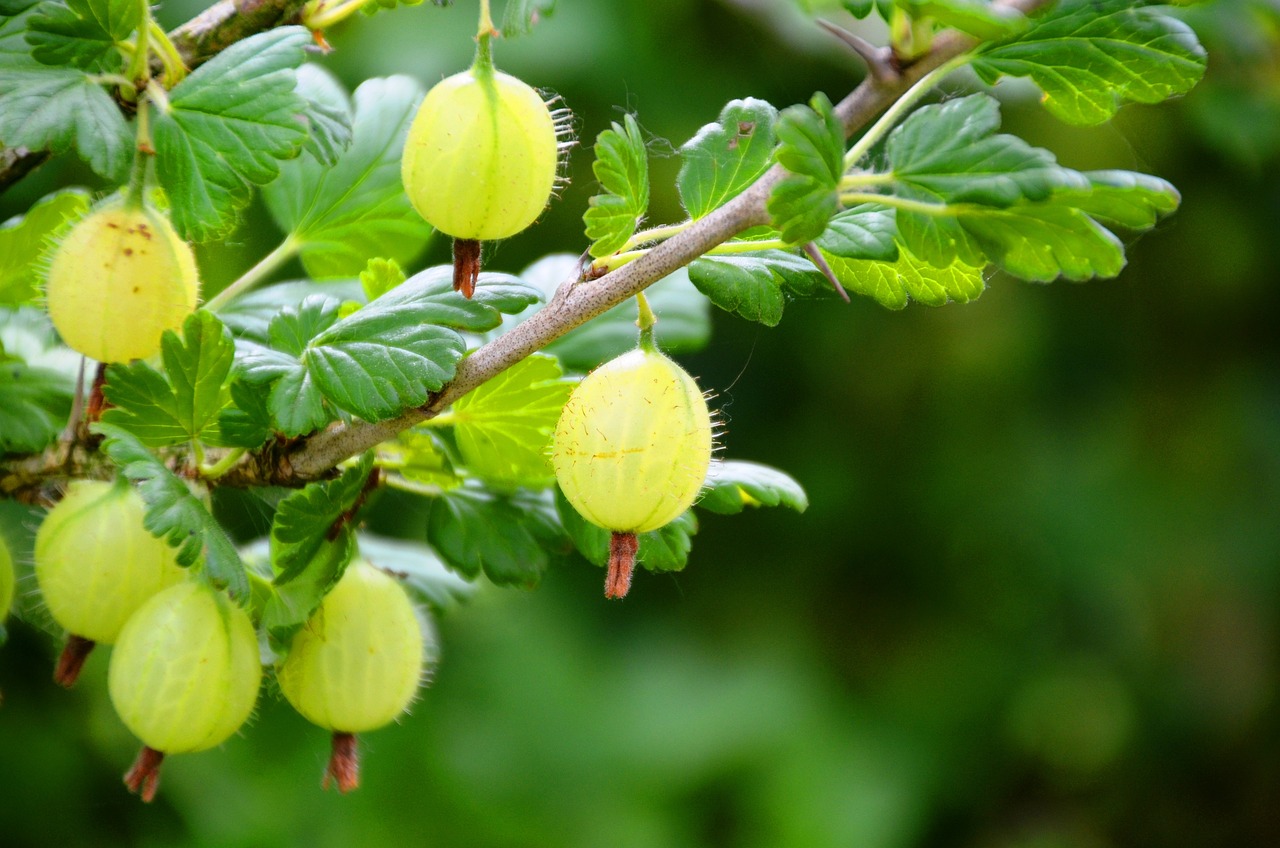Growing Cabbage from Seed
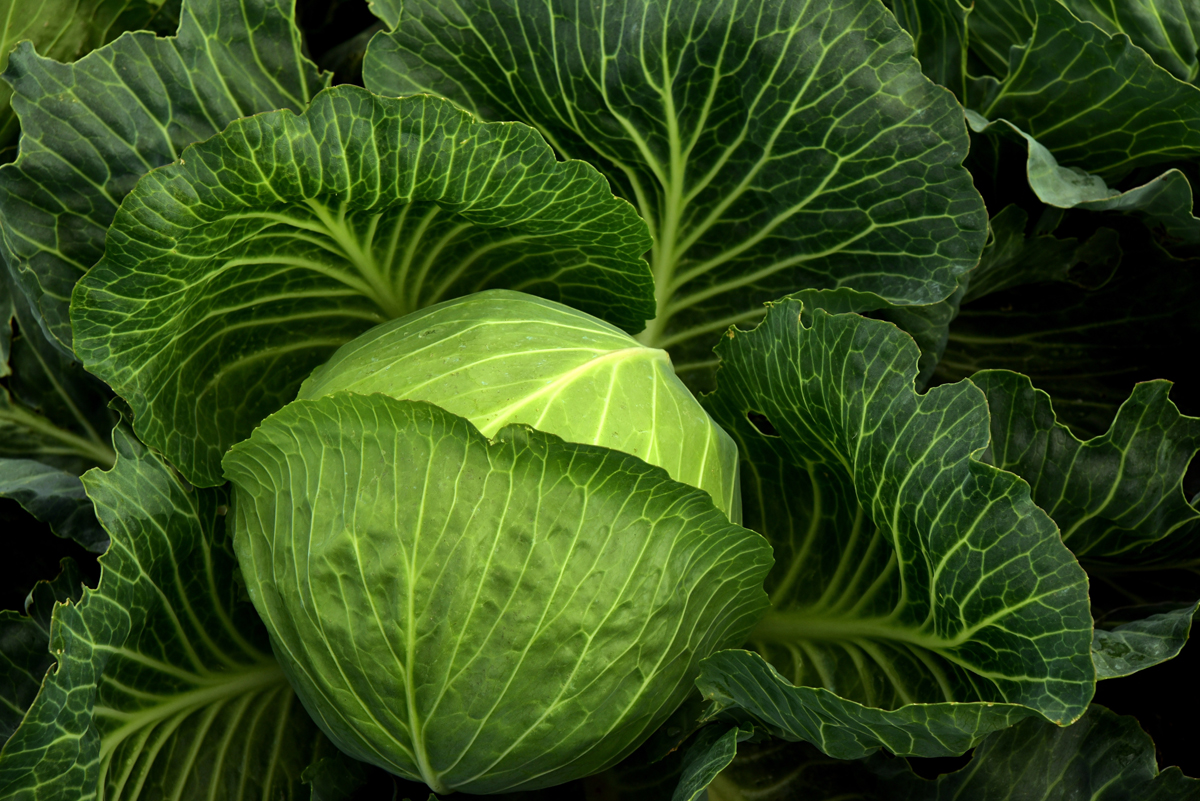
I can almost smell the stuffed cabbage cooking in my mom’s kitchen. It was one of her (and my grandmother’s) best dishes. I am not much of chef so I won’t go into great detail on the recipe, but it was a meat mixture that was wrapped with a cabbage leaf and it tasted great.
What made the dish even better was using home grown cabbage that my dad had in the garden outside. Time for stuffed cabbage? No problem, dad went out back and cut some cabbage off (during gardening season of course).
My dad grew his cabbage from seed and always leaned more towards to golden acre variety. I never asked him why, but I am sure he had his reasons. Later in life as I started growing my cabbage, I found it was very easy to start it from seed and reap a great harvest. Here are some tips to start your cabbage from seed.
Just like growing anything else from seed it all starts with the prep work. Getting your soil ready during the off season and starting indoors to name a couple. Cabbage does well in cooler temperatures and if you mix varieties you can have fresh cabbage for many weeks.
Cabbage is a great vegetable to choose for starting something indoors. To make an easy transition from indoors to outdoors start your cabbage seeds about five weeks prior to the last noted frost date in your area. Starting your seeds in a simple humidity dome or window sill green house structure will help with germination. As the plants get bigger make sure you move to larger pots if frost is still a factor in your area.
When planting your cabbage seeds, regardless of whether you start them indoors or outdoors, make sure you do not exceed a half inch in depth. They are fairly small seeds and if you plant them too deep they will never generate enough energy to push through the top soil. A quarter inch deep is ideal.
If you are planting your seeds directly outdoors then make sure you space them out at least four inches. Planting a few seeds to a single area will help save on space early and then you can thin them out later. If you are moving from the indoors to the outdoors or thinning them, make sure you give them at least eighteen inches in between plants to grow.
Plant in a sunny location and try not to plant them in the same spot every year as they will become susceptible to insect and disease damage. Remember to firm the soil where you plant your seeds and keep them moist but not saturated.
Expect your cabbage to reach maturity in sixty to one hundred days. The amount of time will vary on a number of factors. When the head of the cabbage is firm it is time to harvest. Simply cut the head of the cabbage off just below the lowest leaves on the plant.
According to the USDA, cabbage is a great source of Vitamin C. You will find, as I have, that growing fresh cabbage in your yard from seed, is a lot easier than you might think. Today I use my cabbage to make coleslaw. What can I say. It’s easy to make and I love the taste.
The Author:
Michael C. Podlesny is the host of The Vegetable Gardening Show where he interviews gardening industry experts, and he is the author of the book Vegetable Gardening for the Average Person.

